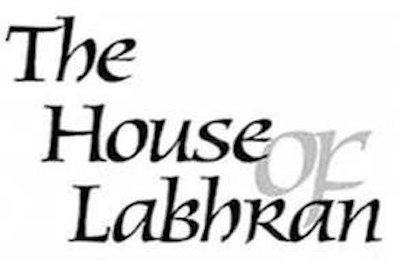Antique Pre 1908 4th Volunteer Perthshire Battalion Black Watch Pipers Plaid Brooch



Antique Pre 1908 4th Volunteer Perthshire Battalion Black Watch Pipers Plaid Brooch
Antique Pre 1908 4th Volunteer Perthshire Battalion Black Watch Pipers Plaid Brooch
Antique circa WW1 plaid brooch to the 4th ( Perthshire Battalion ) Black Watch formed from various Perthshire Rifle Volunteers in 1887. The Volunteers fought in the Boer War HQ was in Tay Street Perth.
Silver plated ( unpolished as we found it ) with good back pin
Size approx 106mm
4th Volunteer Perthshire Battalion Black Watch was formed in 1859 as the 1st Perthshire Rifle Volunteer Corps. They became 4th (Perthshire) Volunteer Bn in 1881 under the Cardwell-Childers reforms. They were then renamed as the 6th (Perthshire) Territorial Force in 1908.
The 6th (Perthshire) Amalgamated with the 7th (Fife) Battalion, to form the 6th/7th (Perth and Fife) Battalion on 31 December 1921.
We have offer a range of vintage, antique and collectible Scottish regimental glengarry badges, regimental officers kilt pins, plaid brooches, belt buckles and regimental sporran cantles. This range of ever changing stock make wonderful additions to any collection of Scottish military badges and insignia.
The Black Watch Royal Highlanders
The Black Watch was raised in the wake of the 1715 Jacobite rebellion, when companies of trustworthy Highlanders were drawn from loyal clans comprising Campbells, Grants, Frasers and Munros. Six companies were then formed in 1725 and stationed in small detachments across the Highlands to prevent fighting between clans, to deter raiding and to help enforce laws against the carrying of weapons. In 1739 King George II authorised the raising of four additional companies to be formed into a "Regiment of the Line" of the regular army, with the Earl of Crawford as Colonel. The first mustering of the new Black Watch regiment took place near Aberfeldy the following year. The Black Watch name was derived from the dark colour of the tartan and the original role of the regiment to "watch" over the Highlands. In 1743 the regiment was ordered to march to London for inspection by the King. Due to a rumour that they were to be forced to serve in the West Indies rather than service in Scotland for which they had been enlisted, many of the men mutinied and decided to return home. Over a hundred were captured and returned to London, where they were tried by court martial and three of the leaders were condemned to be shot in the Tower. The remainder of the regiment proceeded to Flanders for action against the French. It remains for speculation whether the 1746 Rebellion could ever have taken place had the Black Watch been left to fulfil its original role of policing the Highlands.
Between 1745 and 1800 the Black Watch saw action in Fontenoy, the French-Indian War at Ticonderoga, Guadaloupe, Martinique, Havanna and the American War of Independence. The next 15 years saw action against the French in Egypt, the Peninsular War in Spain and Portugal and Napoleon's Waterloo campaign. During the later 1800s the regiment saw service in the Crimean War, the Indian Mutiny, conflicts in Africa and the Boer Wars. At the start of the 1st World War in 1914 there were 7 Black Watch Battalions and the regiment saw action in Mons, the Western Front, Mesopotamia and Palestine. During the 2nd World War the regiment saw action in Palestine, Somaliland, France, North Africa, Italy, North West Europe and Burma.
More recently the Black Watch served in Palestine, Hong Kong, Korea, Kenya, Northern Ireland, the Balkans and Iraq.
In recent years the Pipes and Drums of the Black Watch have carried out 11 tours in North America on behalf of Columbia Artists, some accompanied by the regiment's Military Band. A significant milestone in the history of the Black Watch Pipe Band was when 9 pipers from the Band played at the State Funeral of President John F Kennedy of the USA in November 1963, reflecting the impact which the Pipe Band had made in an earlier tour of the USA.
The regimental tunes are the quick march "Hielan Laddie" and the slow airs "My Home" and "Highland Cradle Song". Since 2006 the Black Watch regiment has been known as 3 SCOTS The Black Watch as part of the Royal Regiment of Scotland.
